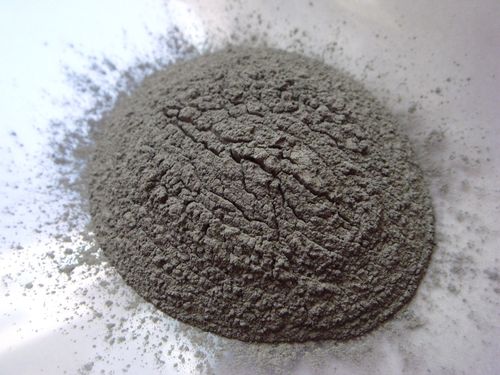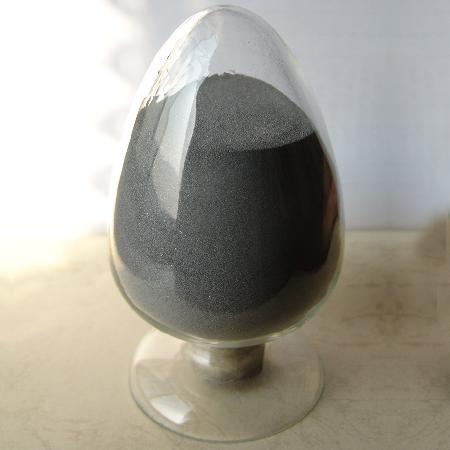What’s Hiding in Your Protein Shake? The Heavy Metal Mystery Unveiled
(Which Protein Powders Contain Heavy Metals)
You grab your shaker bottle, toss in a scoop of chocolate-flavored powder, add water, and shake. It’s part of your daily routine—post-workout fuel to build muscle and stay healthy. But what if that powder isn’t just packing protein? What if it’s also sneaking in something dangerous? Let’s talk about heavy metals in protein powders.
Heavy metals like lead, arsenic, cadmium, and mercury don’t belong in your body. They’re toxic. Even small amounts can cause health problems over time. The scary part? They’ve been found in some protein supplements. Plants used to make protein powders—like rice, soy, or hemp—can absorb these metals from soil. Contamination can also happen during manufacturing. Not all brands test for this.
So which powders are risky? Third-party labs have tested many products. Some plant-based proteins, like rice or hemp powders, tend to have higher levels. Whey and egg-based proteins usually test cleaner. But it’s not a strict rule. One study found metals in roughly 40% of tested products. Popular brands weren’t always safe. A few well-known names had shockingly high levels.
Why isn’t this regulated? Governments set limits for heavy metals in food. Protein powders often fall into a gray area. They’re classified as supplements, not food. Rules are looser. Companies aren’t always required to test. Even when metals are found, recalls are rare. You might never know what’s in your tub unless you dig into lab reports.
How do you avoid these metals? Start by researching brands. Look for companies that share third-party test results openly. Certifications like NSF Sport or Informed-Choice mean the product passed strict checks. Skip products with long ingredient lists full of additives. More ingredients mean more chances for contamination.
Plant-based fans aren’t out of luck. Some brands source plants from regions with cleaner soil. Pea protein, for example, often tests lower in metals than rice. Hemp can vary widely. Check lab reports. If a brand doesn’t provide them, email and ask. Transparency matters.
What about whey or collagen? Animal-based proteins generally have fewer metals. Cows or chickens don’t absorb heavy metals like plants do. But quality still matters. Grass-fed whey or pasture-raised collagen might be safer. Processing methods matter too. Cheap brands might cut corners, increasing contamination risks.
Don’t panic. Not all protein powders are toxic. Many companies prioritize safety. The key is to be picky. Think of it like grocery shopping. You wouldn’t buy moldy fruit. Apply the same care to supplements. Your health is worth the extra minute of label-checking.
Still unsure? Rotate your protein sources. Use a plant-based powder one day and a whey-based one the next. Variety reduces exposure. Pair powders with whole foods—eggs, Greek yogurt, or lentils. Whole foods rarely carry heavy metal risks. Plus, they give you nutrients powders can’t match.
(Which Protein Powders Contain Heavy Metals)
Heavy metals sound scary, but knowledge is power. You don’t need to quit protein shakes. Just choose wisely. Your muscles—and your long-term health—will thank you. Next time you restock, ask yourself: does this brand care about what’s *not* on the label? The answer might surprise you.
Inquiry us
if you want to want to know more, please feel free to contact us. (nanotrun@yahoo.com)


